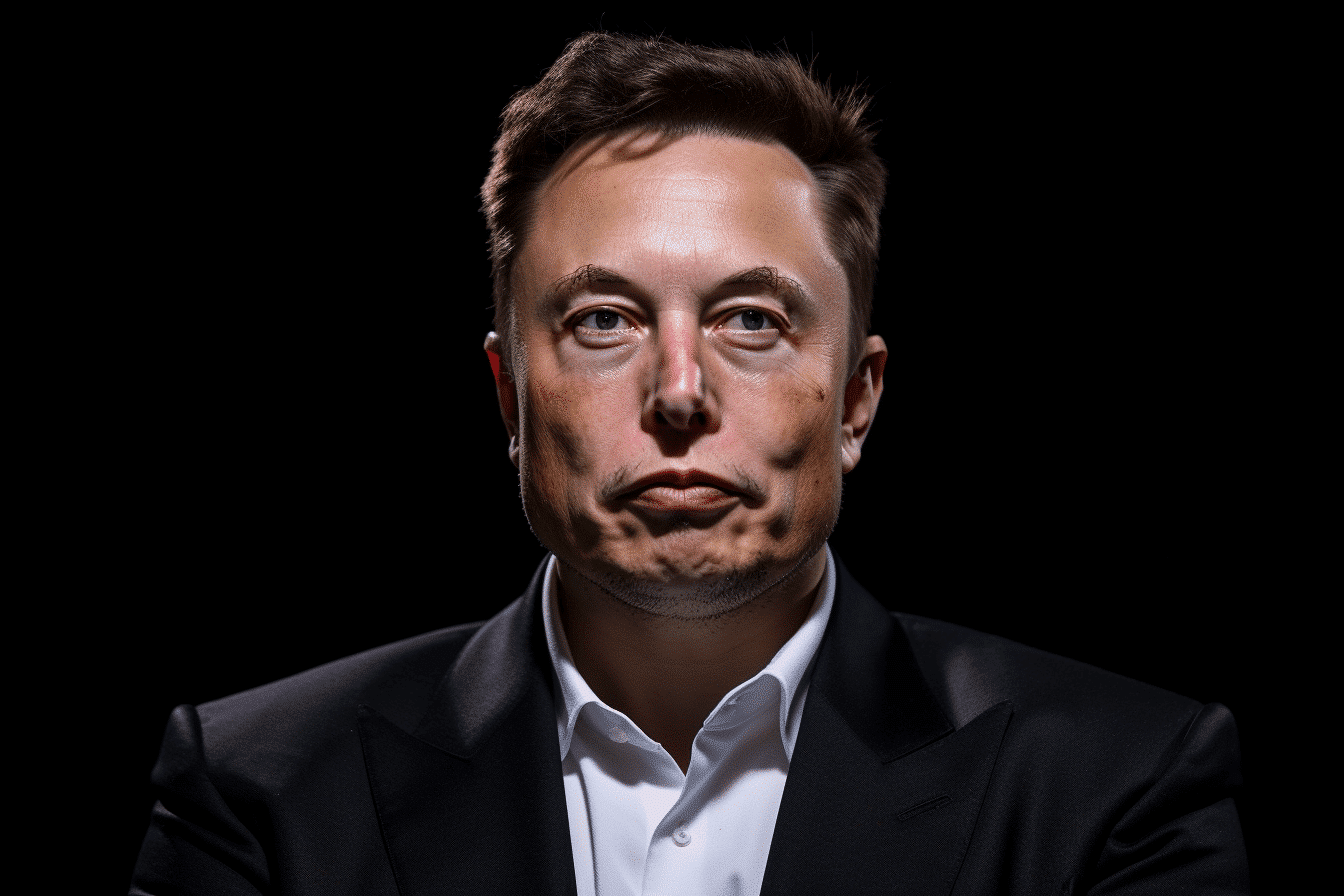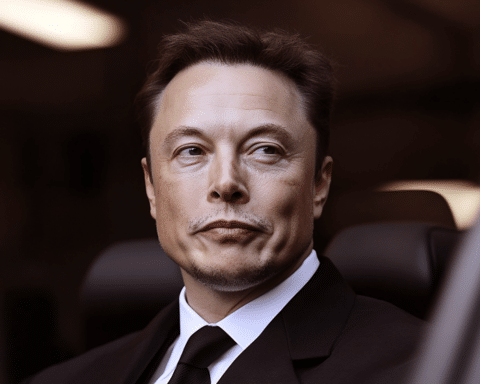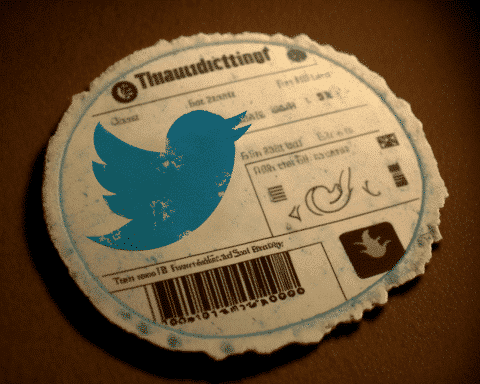In a striking blend of diplomacy and controversy, Elon Musk, the influential billionaire and owner of the social media platform X, formerly known as Twitter, recently visited Israel. This visit comes amid a backdrop of increasing scrutiny over Musk’s handling of antisemitism on his platform and his alleged endorsement of antisemitic conspiracy theories. His trip included meetings with top Israeli leaders, a tour of conflict-impacted areas, and challenging dialogues over the role of social media in spreading hate.
Elon Musk’s visit to Israel was marked by a series of high-profile engagements, including a meeting with President Isaac Herzog and a tour with Prime Minister Benjamin Netanyahu. Herzog confronted Musk over the proliferation of antisemitic content on X, highlighting the platform’s significant role in shaping public opinion and the urgent need to address hate speech. This encounter reflects broader concerns about the rise of antisemitism online and the responsibilities of social media giants in curbing such trends.
Musk’s itinerary also led him to the Kfar Azza kibbutz, a site recently attacked by Hamas militants. Accompanied by Netanyahu, Musk witnessed firsthand the aftermath of the conflict, visiting homes damaged in the attack and meeting with affected families. This included the family of Abigail Edan, a young girl with dual Israeli-U.S. citizenship, who was held hostage by Hamas. Musk’s interactions and observations during the visit were shared on X, exposing his vast audience to the realities of the conflict.
Despite these engagements, discussions between Musk and Israeli leaders notably steered clear of online antisemitism. However, Netanyahu, in a previous meeting, had urged Musk to play a role in fighting such hatred. Musk expressed his willingness to help build a better future, echoing his self-described commitment to free speech.
The visit had its controversies. Musk faced backlash for his response to a user’s antisemitic remarks on X, which led to widespread criticism, including from the White House. The episode underscores Musk’s challenges in balancing his free speech ideals with the imperative to combat hate speech.
Further complicating the situation is a legal battle between X and Media Matters, a liberal advocacy group. The latter accused X of allowing its platform to be used for spreading Nazi and white nationalist ideologies. In response, X has sued Media Matters, alleging that the report was fabricated to harm the platform’s reputation and business interests.
In addition to these social media-related challenges, Musk’s Starlink satellite internet company also reached an agreement with the Israeli government. This deal requires Starlink to operate in Gaza only with government approval, a significant development given the previous concerns about the service being used for militant activities.
Elon Musk’s visit to Israel is a poignant reminder of the complex intersection of technology, politics, and social responsibility. While the visit provided an opportunity for Musk to engage with leaders and witness the impacts of conflict, it also highlighted the ongoing challenges and controversies surrounding his stewardship of X. As Musk navigates these turbulent waters, his actions and the policies of his companies will continue to be scrutinized by governments, advocacy groups, and the public at large.




